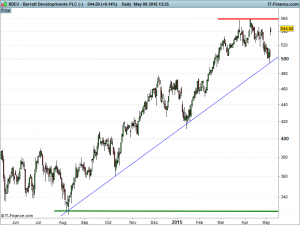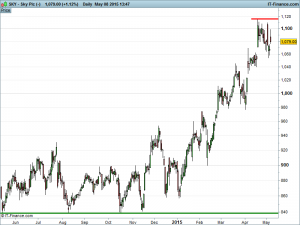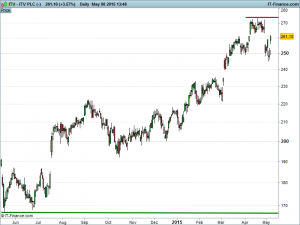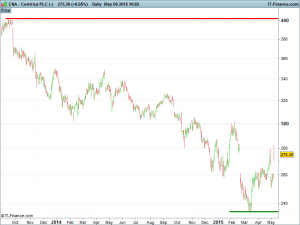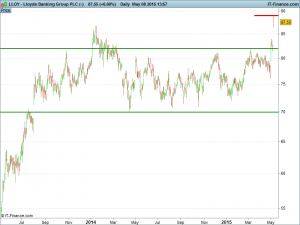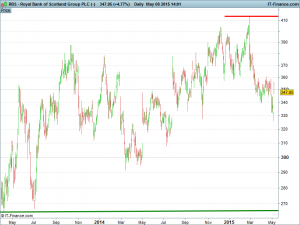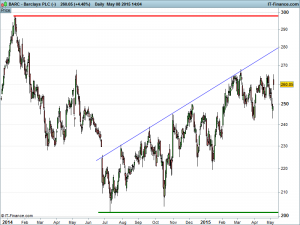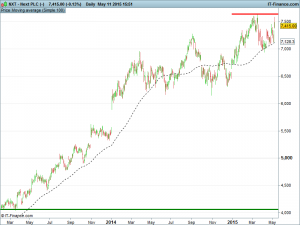What on earth just happened?!
Markets are hailing a Blue Britain for the next five years. In a result no one expected, Cameron’s Conservative Party was returned to power – this time to govern alone. But what does this mean for you, the trader? The good news is, it should bring opportunities aplenty to benefit from market moves, whether up or down. In this exclusive report we summarise the policies of the returning Conservative Government and look at what they mean for three key sectors and a few of the stocks therein.

